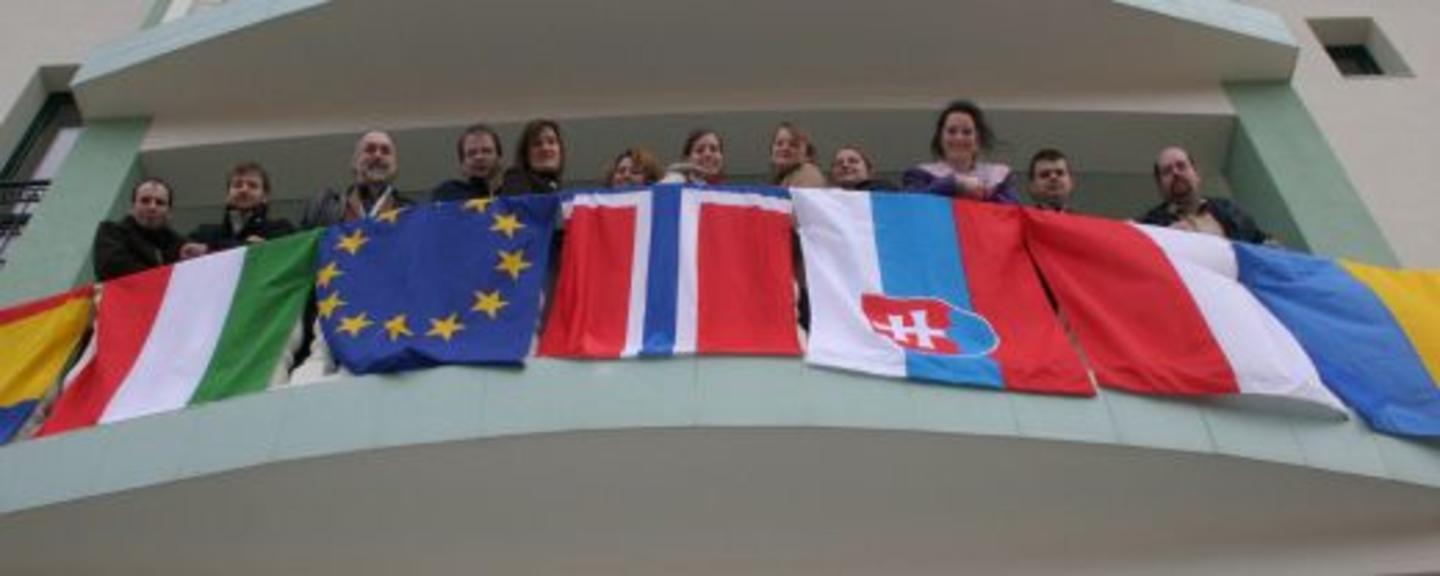In the borderland of Europe's largest mountain chain the Carpathian Foundation is working to promote and stimulate cooperation across the five national borders in this region. Now, with close to €400,000 in grant support from Norway Grants, the cross-border regional foundation has been able to set up conference, seminar and exhibition facilities in the small Polish town of Sanok to stimulate local and regional development in one of Europe’s poorest regions.
"Our aim is to build good relationships between the people living as close neighbours in the Carpathian region, by creating a joint space where they can meet, voice their different opinions and solve key issues together," Zofia Kordela-Borczyk, executive director of the Carpathian Foundation, said.
Four months into the four-year project, the project is well on track with a newly renovated building to host the Carpathian House and preparations are underway for the first of a planned series of forums and exhibitions. "We will organise a big NGO conference this fall for participants from the five countries," said Kordela-Borczyk, adding that separate gatherings will be organised later for business and municipalities from the bordering areas.
The Carpathian Foundation, which is managing the Carpathian House project, celebrated its ten-year anniversary last year and was originally established by local and regional governments from the bordering areas of the five countries. For more than a decade the foundation has worked to support democracy and economic development in the cities and small towns of the Carpathian Mountains, and provided grants and assistance to NGOs and local governments.
The Carpathian House will enable the organisation to continue and extend its activities, and the people of the Carpathian have given the project the thumbs-up. "Despite the national boundaries and the wide diversity in the region, the Carpathian area faces a number of shared challenges and opportunities that are best solved by coming together to discuss, generate ideas and exchange best practice," Kordela-Borczyk said.
In addition to the planned forums, several study tours will be organised for NGOs, businesses and local governments from the five countries to give them a chance to visit their regional counterparts across the borders.
A third element within this multi-faceted project is a presentation of the five regions through a joint Carpathian exhibition hosted in the Sanok house. "We want to show everything which is valuable and important from the point of the local populations in the Carpathian area," Kordela-Borczyk said. The Carpathian Foundation will also develop a six-language website about the project. For more information visit http://www.carpathianfoundation.org.
